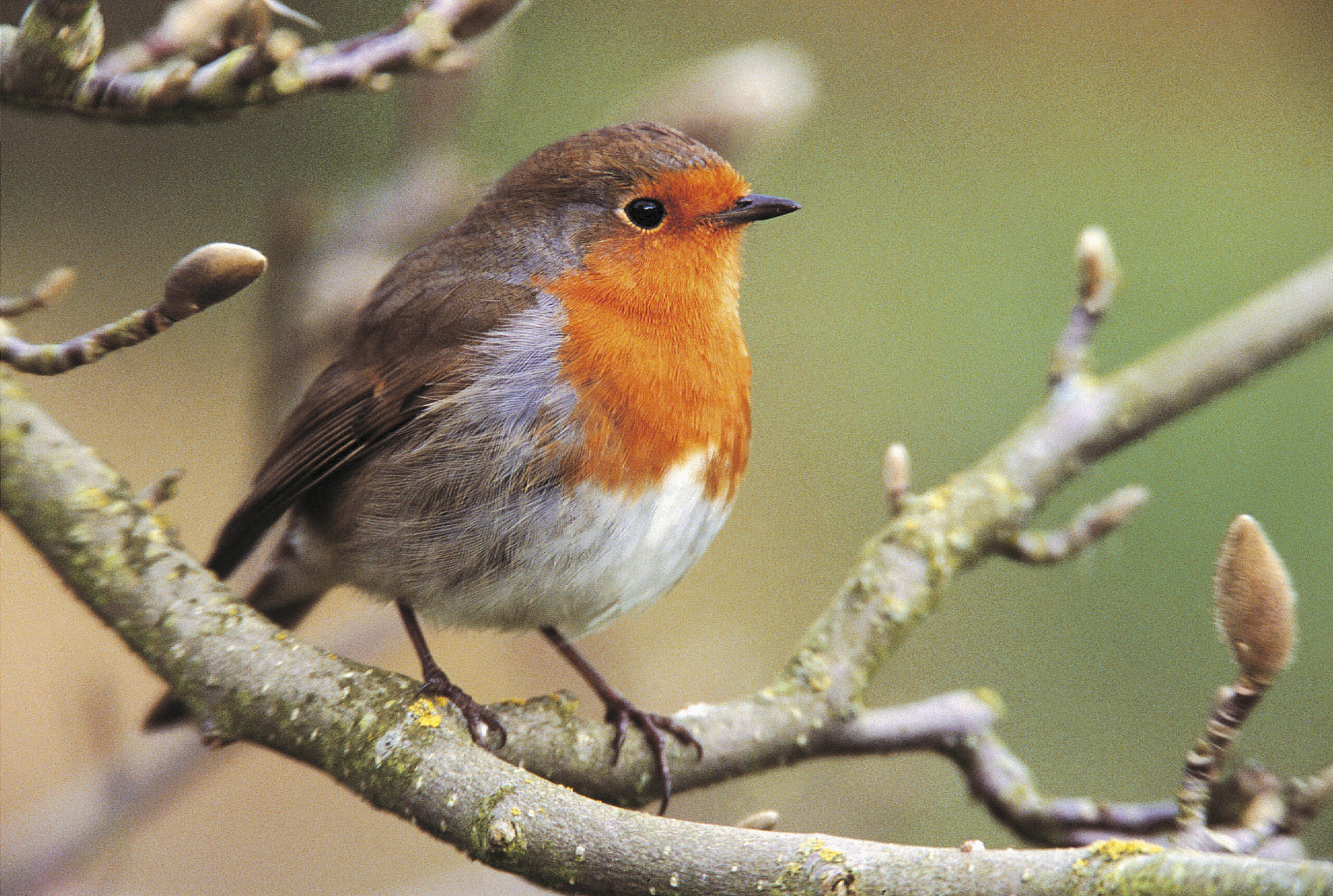Nature can provide ‘soul food’ for people in lockdown – RSPB
People are being encouraged to take part in the annual Big Garden Birdwatch at the end of the month
Nature can provide “soul food” for people in lockdown, even in winter, the head of the RSPB has said.
Beccy Speight, chief executive of the wildlife charity, said people have found that reconnecting with nature is good for their physical and mental health in the face of the pandemic.
As the UK starts 2021 with further lockdowns, she said the natural world is already looking towards spring.
And she encouraged people to connect with nature on their doorstep by taking part in the RSPB’s Big Garden Birdwatch at the end of the month.

A greenfinch on a garden bird feeder
The nationwide survey, which volunteers carry out in their garden or local green space, helps scientists understand the fluctuations in fortunes of many of the UK’s most common birds, and the wider natural world.
And it can act as a doorway to getting more involved in nature, which has seen a surge of interest in the pandemic, she said.
Ms Speight said: “I think nature is soul food, it’s a way of connecting with something that is other than us, that is ploughing on regardless.
“In January, everything is looking towards spring, we’ve turned the corner in terms of the darkest day, so the whole of the natural world is starting to wake up to the fact there is more light and hopefully fairly soon more warmth.”

People are being encouraged to take part in the Big Garden Birdwatch
And she said: “People have found it really beneficial to reconnect with the nature on their doorstep for their physical health and their mental health.”
She said that during a walk in her local park in Nottingham in the previous lockdown she saw a group of people in the wooded end of the green space transfixed by the sound of a woodpecker drumming.
“People have woken up to what nature can bring them on their doorsteps.”
As well as anecdotal evidence of the increase in interest in nature and green spaces, the RSPB has seen more visits to its website, including webcams and bird identification information, and a rise in sales of binoculars before Christmas.
For those who are keen to help wildlife such as birds in their gardens, it is “pretty straightforward”, Ms Speight said.

The great tit a common visitor to gardens
She said providing high-energy foods such as suet balls and sunflower hearts in winter is important for birds, as is giving them access to water, and making sure feeders are kept clean to prevent the spread of diseases.
Householders could also think about providing bird boxes for the 60 species that use them, and leave parts of the garden unpruned or messier to provide shelter.
Taking part in the Big Garden Birdwatch is a good way to get to know more about the natural world, learning to identify birds and involving all the family, Ms Speight added.
It also opens the door to learning more about the state of the natural world, encouraging people to take more action themselves, and to be engaged in major decisions on the international stage this year, including a new global nature agreement and action on climate change.
The Big Garden Birdwatch takes place from January 29-31. Click here for more information about taking part.
The Press Association
Latest posts by The Press Association (see all)
- 3 easy Mary Berry recipes to make this season - November 22, 2024
- In Pictures: Party stalwart kept New Labour in touch with traditional supporters - November 21, 2024
- 6 easy indoor exercises to try this winter – and why they are good for you - November 19, 2024
- Martin Clunes: I can’t afford to retire – I’ve got too many horses - November 19, 2024
- How to avoid plant losses, flowering disappointments and container catastrophes - November 17, 2024





















